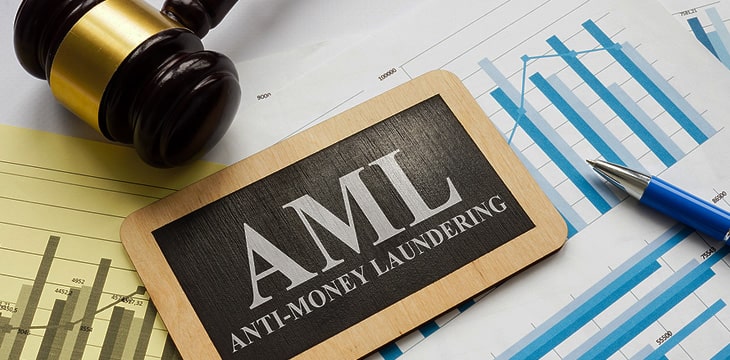
The financial regulator in South Korea has introduced a raft of new enforcement measures, designed to ensure digital currency exchanges are upholding their obligations under anti-money laundering regulations.
The Financial Services Commission, which is responsible for overseeing financial firms in South Korea, has brought forward a new structure of penalties for exchanges that fail to properly implement anti-money laundering measures, which could amount to substantial fines in some cases.
Announced earlier this week, the new rules will come into play from April 20, and bring the penalties in line with the Reporting and Using Specified Financial Transaction Information act, scheduled to come into force later this month.
The new laws place duties on virtual asset service providers, which includes digital currency exchanges, on data control, internal controls, and a number of other specific requirements, such as keeping separate records of client transactions.
The penalties will be based on a legal maximum amount, with fines of between 30-60% available to the regulator for AML failings at crypto exchanges. The new rules will also see the introduction of a penalty reduction scheme, running to 50% for larger firms and beyond 50% for smaller digital currency exchanges.
The rules coincide with proactive steps from Korean exchange Bithumb earlier this week, in tightening up its provisions around anti-money laundering and Know-Your-Customer measures.
The move saw Bithumb banning accounts from countries identified on the regulator’s watch list, or singled out as high risk, including Myanmar, Iceland, Iran and North Korea.
The measures follow on from previous steps taken by the Financial Services Commission towards regulating the sector. Back in 2018, it brought forward measures to implement a “real-name accounts” requirement for digital currency accounts.
In 2022, a new 20% tax will be levied on digital currency gains over a certain threshold, despite opposition from local stakeholders.
See also: CoinGeek Live presentation, Blockchain Intelligence: Analytics, Forensics & Compliance Tools for Bitcoin SV

 09-21-2024
09-21-2024


